
Gayming: The Under-representation of Gay Characters in Video Games - Article
by VGChartz Staff , posted on 13 March 2014 / 6,665 ViewsFor many games, sexuality is a non-issue. Who cares if Cooking Mama is preparing a meal for Accounting Mama or Teaching Papa so long as she gets a gold medal for her minestrone, right? For other games, though, particularly narrative-heavy games that have the player experiencing many facets of the characters’ lives, the issues of love and sexuality crop up from time to time - art imitating life and all that jazz.
Many forms of media seem to have started embracing gay characters for some time now, and in recent years, gay characters have even started being developed well. Sure, a lot of early gay characters in film and television were first included only as fringe characters who were defined by their sexual orientation, but nowadays many characters’ sexual orientation does little to define them; they’re just people. What about video games then — what is the current representation of homosexuals in gaming?
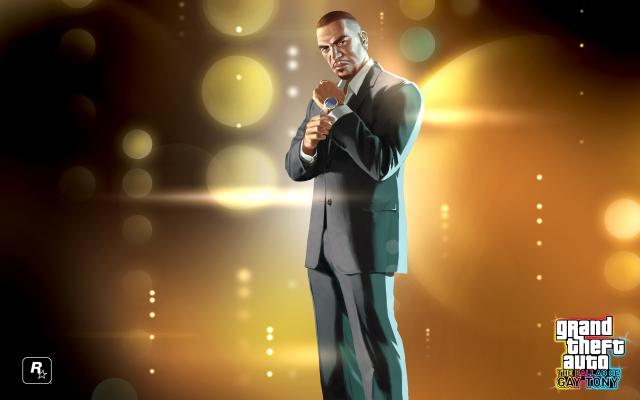
In short, it’s getting better, but it lags behind other media. There’s a reason for that though, and that reason is the player’s agency — his or her ability to influence what happens to a narrative. The idea of the consumer of the story having an active sway over the chronicle is exclusive to video games and choose-your-own-adventure novels (and I don’t recall the “Give Yourself Goosebumps” series as ever addressing the idea of sexuality).
The (possible) problem is that a straight player playing as a gay character removes a portion of that player’s agency (though one could say the same for a gay gamer playing as a straight character). This is almost undoubtedly the reason for the surge in games — particularly those with RPG elements — that include what is coming to be known as “the gay option.” The gay option basically allows the player to decide his or her character’s sexual orientation, and is seen in games like The Sims series, Mass Effect 3, and Dragon Age II (in which sexual orientation seems not to exist; everyone wants to sleep with the hero, regardless of his/her gender).
This is a fairly new frontier in interactive media, and many game writers and producers seem to be slowly easing into the waters of creating major, well-rounded gay characters, ostensibly to see whether or not inclusion of gay characters will impact sales. Their caution is understandable, as there is little precedent from which they can form projections. After all, many video games heretofore have only included gay characters as campy, jokey fringe elements.
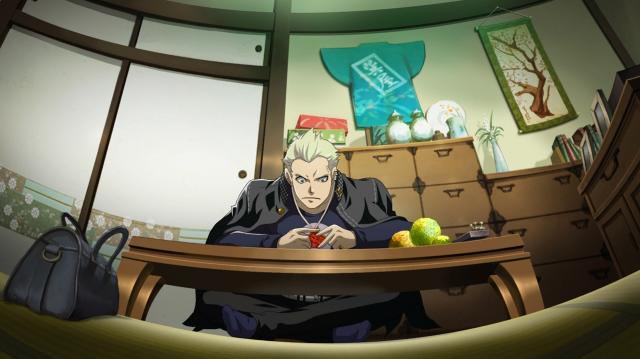
There are several video games of yesteryear with gay characters, sure, but they nearly always appear tangentially to the story, and are usually heavily stereotyped, like Ash from Streets of Rage 3 (a member of the village people never looked less threatening). These outdated and frankly harmful stereotypes don’t appear as much in modern gaming, favoring instead the much-more-lightly-stereotyped likes of Grand Theft Auto IV’s Anthony “Gay Tony” Prince or Persona 4’s Kanji Tatsumi, who consciously rebels against stereotypical depictions of homosexuality.
Perhaps the most popular current depiction of gay characters in games, though, is depiction through ambiguity. Depiction through ambiguity is probably popular because it can be taken in either light; someone staunchly opposed to playing as a gay character could totally ignore the suggestive dialogue between Aveline and Patience in the Assassin’s Creed IV DLC, whereas someone keen on gay characters’ representation in games would notice that there certainly could be something going on between Lara Croft and Samantha Nishimura in the Tomb Raider reboot. You see what you want to see, and everyone is happy. Right?
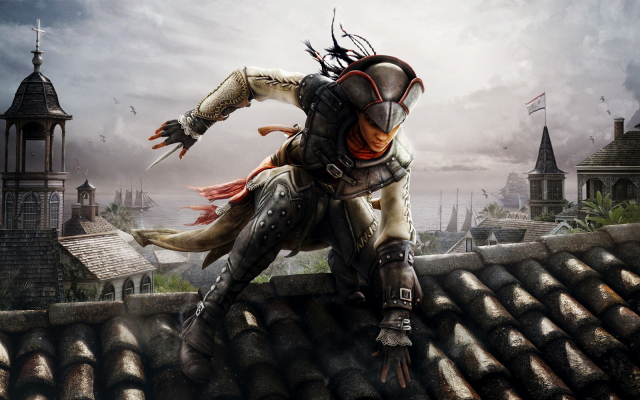
Well, maybe not so much. There is a need for a normal and definite representation of gay characters in video games. It’s no secret to pretty much anyone who games online that there is a vocally homophobic presence in gaming, particularly among the gamers themselves. A 2006 study by Jason Rockwood of the University of Illinois at Urbana-Champaign showed that 88% of the over 10,000 gamers surveyed have noticed the term “gay” generally used in a negative or derogatory way in online gaming, and 83% of those surveyed have heard it directed at another person in a derogatory way. Trolls and homophobes notwithstanding, the inclusion of more normal gay characters in video games might help to stem the tide of this hateful rhetoric, and that’s definitely a thing worth having.








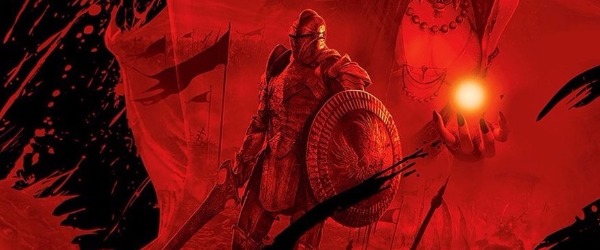
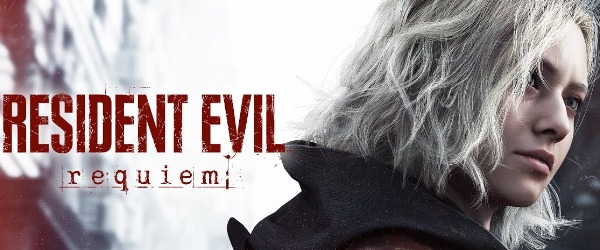
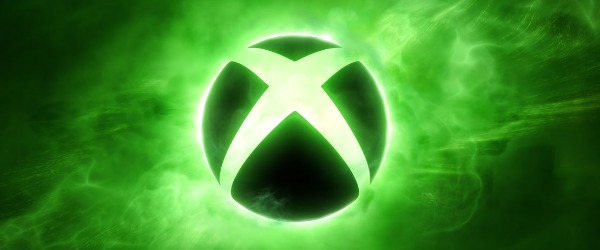
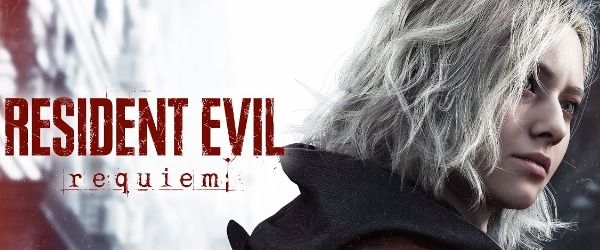










 Essay Pro
Essay Pro